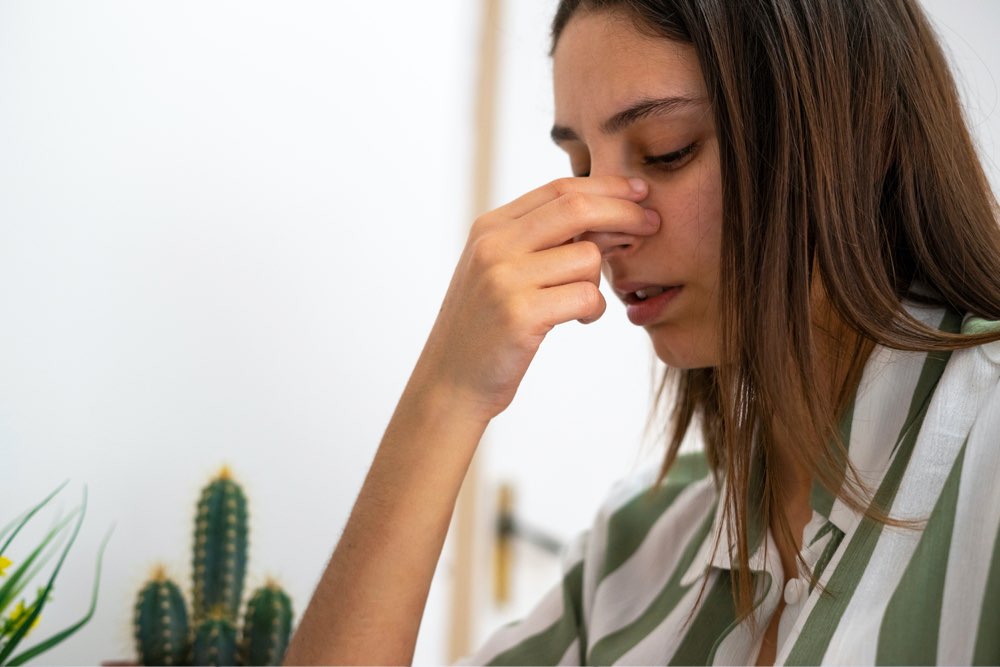Understanding Nasal Polyps: Causes, Symptoms, and Treatment Options
Nasal polyps are benign growths caused by persistent sinus inflammation, leading to breathing issues and facial pressure. Treatments include medications like corticosteroids and, in severe cases, minimally invasive surgery to remove the polyps. Recognizing symptoms early and seeking medical attention can improve quality of life and prevent complications.
Sponsored

Nasal polyps are non-cancerous growths forming on the mucous membranes inside the nose and sinuses. These teardrop-shaped swellings can obstruct nasal passages, leading to breathing difficulties. Chronic irritation and ongoing inflammation of the sinus lining often contribute to polyp formation, though exact causes remain uncertain. Treatment typically involves medications to reduce swelling, and in stubborn cases, minimally invasive surgery may be necessary. Here’s a comprehensive overview of nasal polyps, their causes, symptoms, and solutions.
Why do nasal polyps develop?
Persistent inflammation, known as chronic rhinosinusitis, is a major factor. When sinus inflammation lasts more than 12 weeks, it can lead to polyp growth. An abnormal immune response and mucus membrane issues also play roles, though precise causes are still unclear.
Symptoms of nasal polyps include breathing difficulties and a decreased sense of smell. Blockages cause nasal congestion, facial or forehead pressure, and postnasal drip—the sensation of mucus dripping down the throat. Heavy mouth breathing can lead to sleep issues like sleep apnea. Additional signs include facial pain, headaches, cough, and eye itching, especially if sinus infection occurs concurrently.
Effective treatments range from medications to surgical removal, depending on severity.
Medical treatments
Medications such as nasal corticosteroids help shrink polyps and reduce inflammation. Decongestants and antihistamines are beneficial for allergy-triggered cases, easing congestion and allergy symptoms.
Surgical options
For persistent or large polyps, endoscopic surgery can be performed. Surgeons remove the growths to restore normal nasal airflow and drainage, alleviating symptoms and improving breathing.






